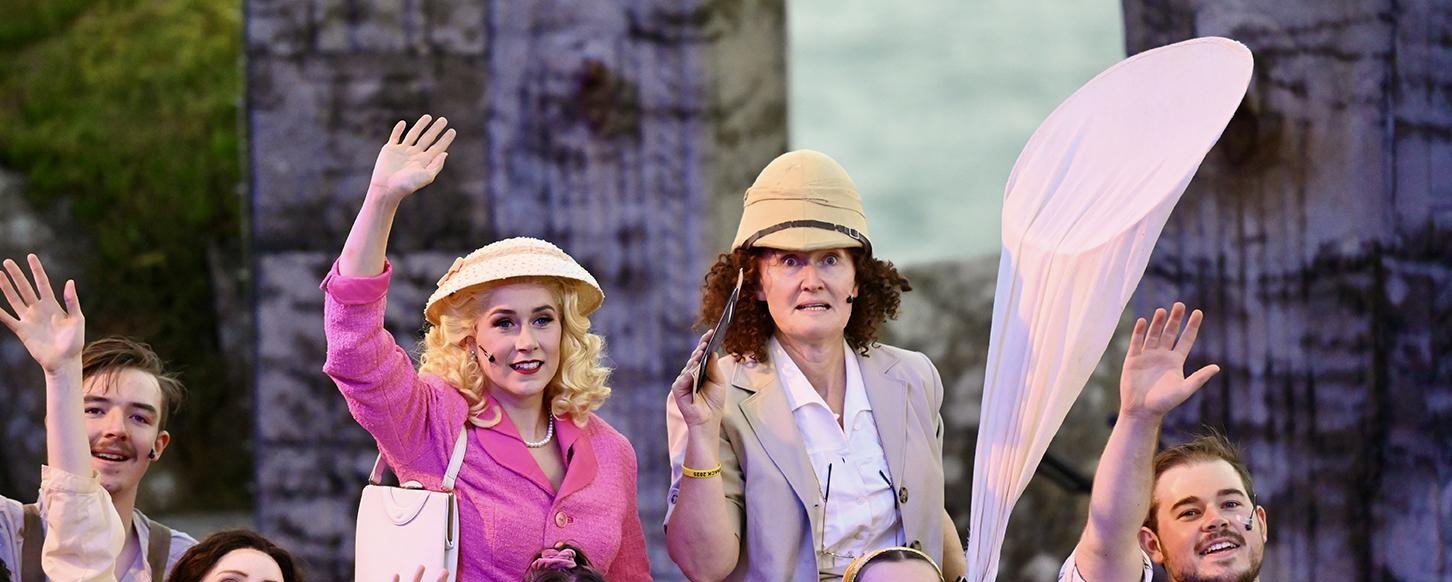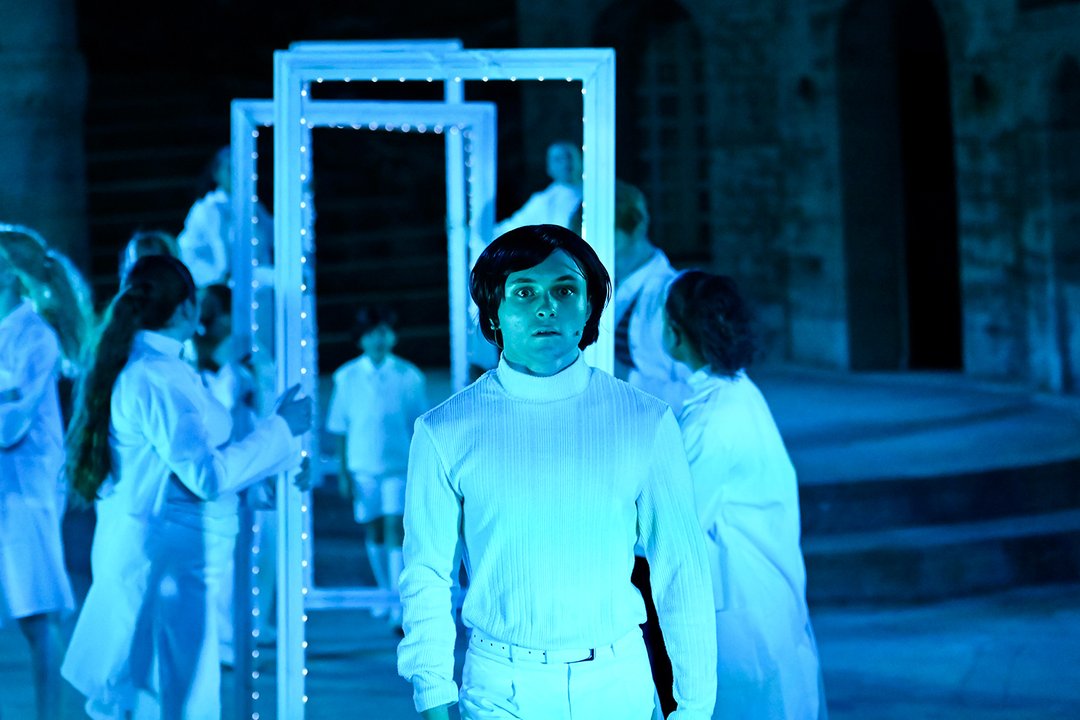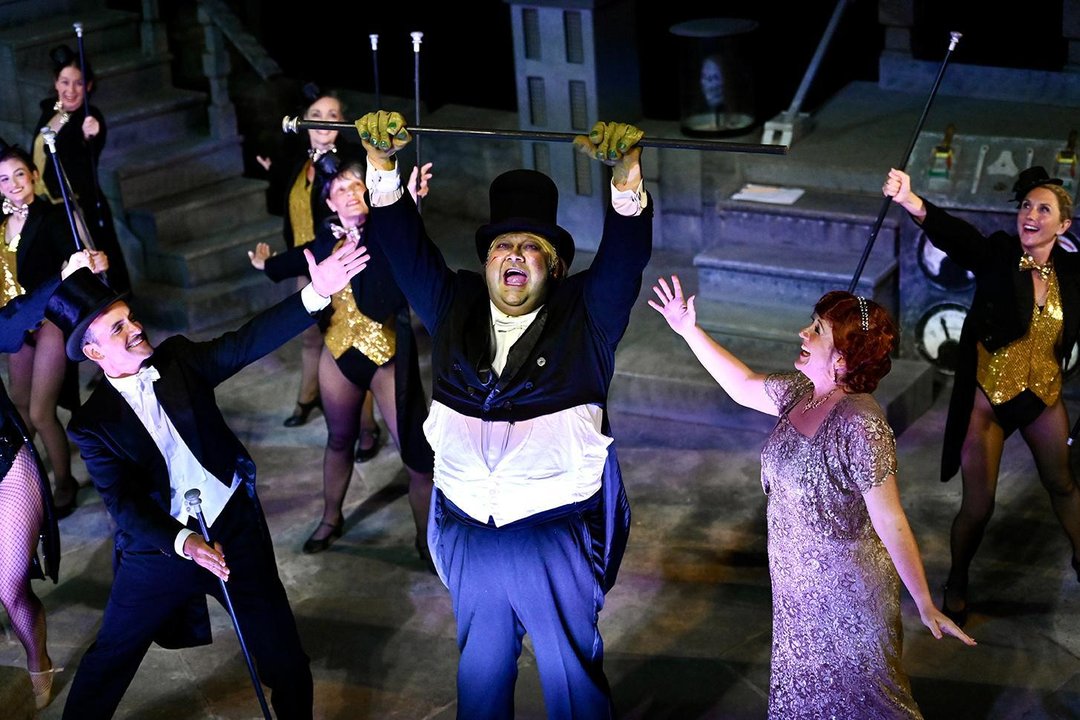
Past Event Archive
Browse our performance archive
We are gradually developing our online archive resources to enable public access to more of our huge collection of documents and images. We'll be adding further content about the theatre and our show history as we can. Meanwhile, if you are interested in a particular show or performing company, take a look at our searchable database of every event from the very first performance at the Minack. View our archive page here.





